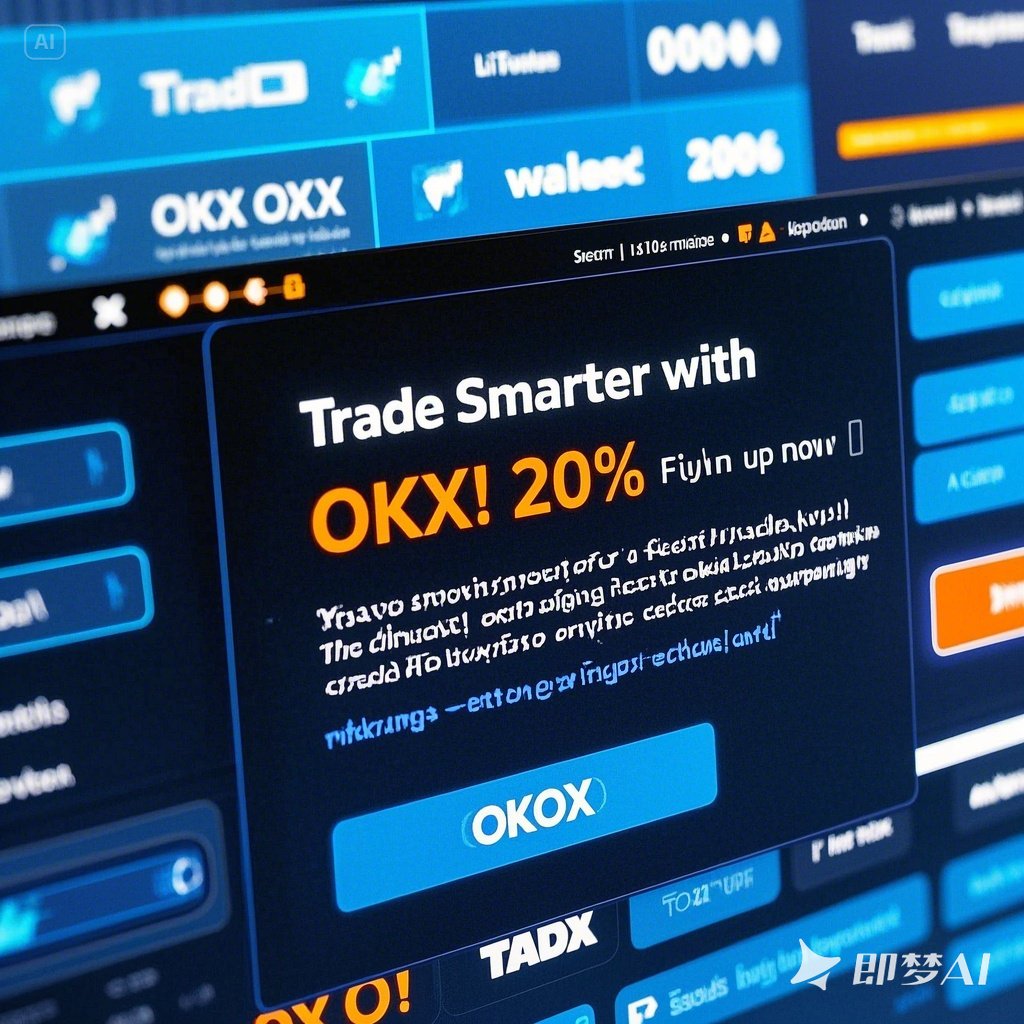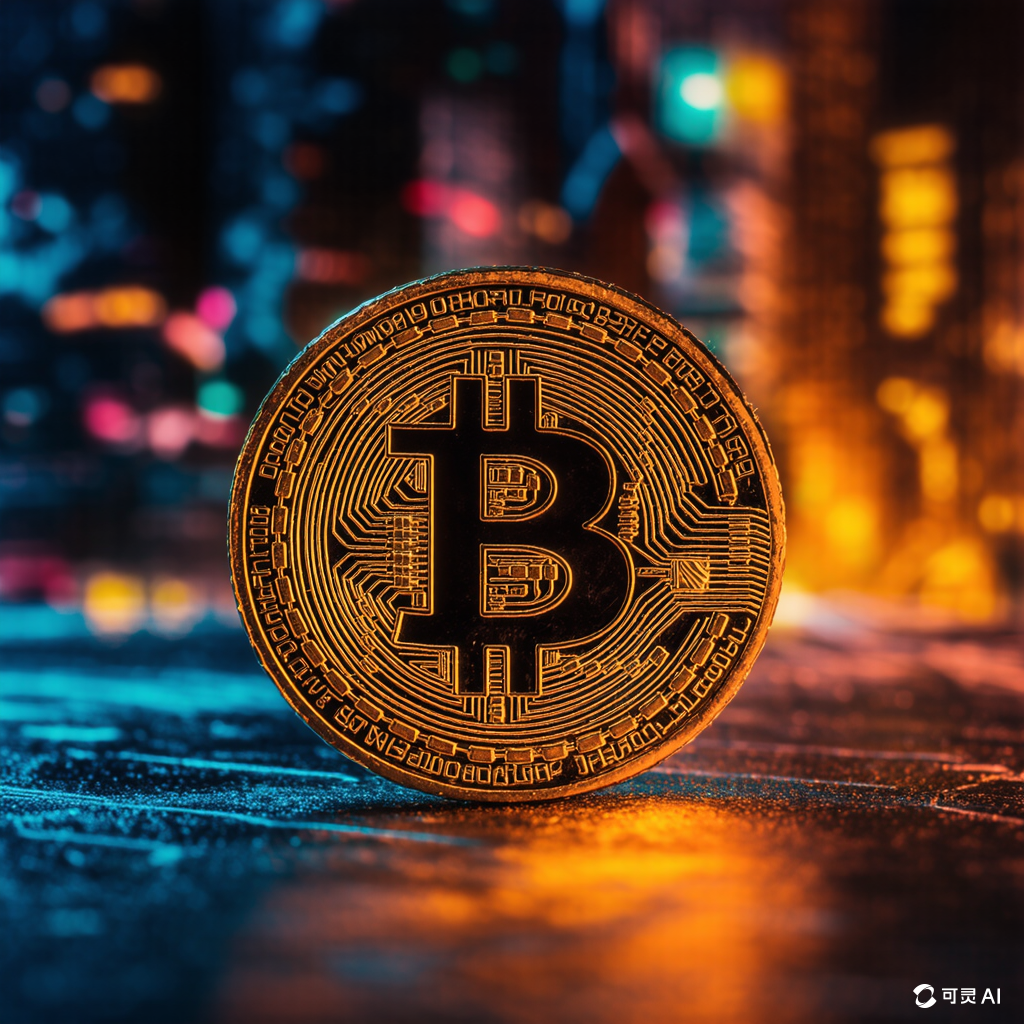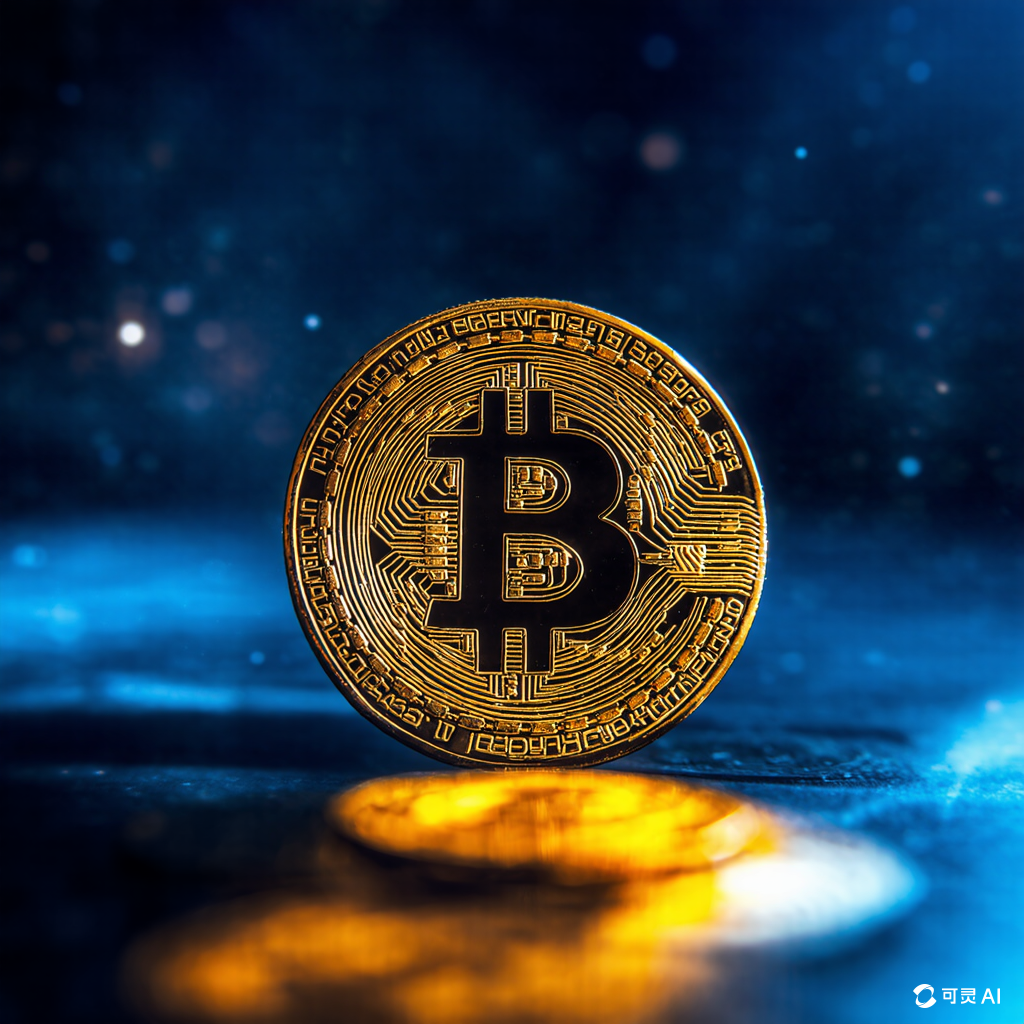Brazil and Indonesia Embrace Bitcoin as Reserve Asset in Global Digital Gold Rush
Don’t just sign up — trade smarter and save 20% with referral codes: Binance WZ9KD49N / OKX 26021839
Global Nations Explore National Bitcoin Reserves, Including Brazil and Indonesia
A trusted editorial content, reviewed by industry leaders and experienced editors. Ad Disclosure.Brazil and Indonesia have recently engaged in discussions with local stakeholders, positioning themselves among an increasing number of nations exploring the possibility of establishing national Bitcoin ($BTC) reserves.Other countries that have shown interest include:- The United States, which reportedly held approximately 200,000 Bitcoins as of March 2025.- Kazakhstan, which is currently evaluating investments in Bitcoin ETFs and blockchain enterprises.- Bhutan, which still maintained $1.4 billion worth of Bitcoin in its reserves as of July 2025.The growing adoption of cryptocurrency at the highest levels of governance signals that the industry is reaching new heights. More institutional and retail investors are recognizing its value and potential.This trend extends to both Bitcoin and alternative cryptocurrencies. According to Michaël van de Poppe, August typically marks a period of accumulation and buying during market dips.It’s in this context that projects like Bitcoin Hyper ($HYPER), an innovative Layer-2 solution for Bitcoin, have gained traction. The project’s presale has already raised over $7.2 million, with major holders actively participating.
Brazil and Indonesia Hold Discussions on Bitcoin Strategy
Bitcoin Indonesia, Asia’s largest Bitcoin community, shared on X that it recently met with Indonesia’s Vice-President to explore the country’s potential approach to Bitcoin.During the meeting, community leaders proposed Bitcoin mining as a potential strategy for building national reserves. They also presented Michael Saylor’s prediction that the price of Bitcoin could reach $17.6 million by 2045, coinciding with Indonesia’s 100th anniversary of independence.According to Bitcoin Indonesia’s post, the Vice-President expressed optimism about the ideas discussed. The group argued that even amid global market fluctuations, Bitcoin can serve as a long-term financial safeguard.It’s also worth noting that many U.S. investors and institutions are increasingly turning to Bitcoin as a hedge against rising inflation within the country.While Indonesia’s efforts are still in the early stages, this trend shows no signs of slowing down, as more nations consider similar strategies.
What is Bitcoin and why is it considered digital gold?
What is Bitcoin and Why is it Considered Digital Gold?
Bitcoin, the first and most well-known cryptocurrency, was introduced in 2009 by an anonymous individual or group of individuals using the pseudonym Satoshi Nakamoto. It was designed as a decentralized digital currency that operates without the need for a central authority or intermediary, such as a bank. Instead, Bitcoin relies on a peer-to-peer network and a technology called blockchain to facilitate secure and transparent transactions.
The concept of Bitcoin emerged in response to the 2008 financial crisis, which exposed vulnerabilities in traditional financial systems. Its creator(s) envisioned a system that would allow users to transact directly with one another, eliminating the need for third parties and reducing the risk of fraud, censorship, or manipulation. This vision has since evolved into a global phenomenon that continues to reshape how we think about money, value, and trust.
At its core, Bitcoin is a digital asset that can be stored, transferred, and used as a medium of exchange. Each Bitcoin (BTC) is created through a process known as mining, where powerful computers solve complex mathematical problems to validate transactions and add them to the blockchain. This process not only secures the network but also ensures that no single entity can control or manipulate the supply of Bitcoin.
One of the key features that sets Bitcoin apart from traditional currencies is its limited supply. Unlike fiat currencies, which can be printed indefinitely by governments, Bitcoin has a capped supply of 21 million coins. This scarcity is similar to that of precious metals like gold, which are also finite resources. As a result, many investors and economists have begun referring to Bitcoin as “digital gold.”
The term “digital gold” is used to describe Bitcoin’s role as a store of value. Just as gold has historically been used to preserve wealth and hedge against inflation, Bitcoin is increasingly seen as a way to protect assets from the devaluation of fiat currencies. Its decentralized nature, security, and resistance to censorship make it an attractive alternative to traditional investments, especially in regions with unstable economies or hyperinflation.
Moreover, Bitcoin’s growing adoption by institutional investors, corporations, and even governments has further solidified its status as a form of digital gold. Companies like Tesla, MicroStrategy, and Square have invested significant portions of their treasuries in Bitcoin, while nations such as El Salvador have adopted it as legal tender. These developments signal a shift in perception, positioning Bitcoin not just as a speculative asset, but as a legitimate store of value and a potential pillar of the future financial system.
In summary, Bitcoin represents a groundbreaking innovation in the world of finance. Its decentralized structure, limited supply, and ability to function as a store of value have earned it the nickname “digital gold.” As the cryptocurrency ecosystem continues to evolve, Bitcoin remains at the forefront, challenging traditional notions of money and offering a new paradigm for global economic interaction.
How do countries store and manage cryptocurrency reserves?
How Do Countries Store and Manage Cryptocurrency Reserves?
As the global financial landscape continues to evolve, an increasing number of countries are exploring the use of cryptocurrency as part of their national reserves. This shift is driven by the potential benefits of digital assets, such as increased liquidity, reduced transaction costs, and enhanced financial sovereignty. However, storing and managing cryptocurrency reserves presents unique challenges that require careful consideration and robust infrastructure.
1. Custodial Solutions
Countries typically rely on custodial solutions to store their cryptocurrency reserves. These solutions involve third-party service providers who act as secure custodians for digital assets. Some governments have partnered with established crypto exchanges or specialized custody firms to ensure the safety and accessibility of their holdings.
For example, some nations have opted to store their Bitcoin in cold wallets—offline storage devices that are less vulnerable to hacking. Others may use multi-signature wallets, which require multiple approvals to access funds, adding an extra layer of security.
2. Centralized vs. Decentralized Storage
There is a growing debate between centralized and decentralized storage models for cryptocurrency reserves. Centralized systems offer greater control and ease of management, but they also present a single point of failure. In contrast, decentralized storage solutions, such as blockchain-based vaults, distribute risk across multiple nodes, making them more resilient to attacks.
Some countries are experimenting with hybrid models, combining the advantages of both approaches. For instance, a government might hold a portion of its reserves in a private, offline wallet while using a decentralized network for transparency and auditability.
3. Regulatory and Legal Frameworks
Managing cryptocurrency reserves requires a solid regulatory and legal framework. Governments must establish clear guidelines on how digital assets can be held, traded, and reported. This includes compliance with anti-money laundering (AML) and know-your-customer (KYC) regulations, as well as tax reporting requirements.
Several countries have already introduced legal frameworks to support the integration of cryptocurrencies into national financial systems. For example, El Salvador made Bitcoin legal tender in 2021, marking a significant step toward integrating digital assets into its monetary policy.
4. Security Measures
Security is a top priority when it comes to storing and managing cryptocurrency reserves. Governments implement a range of security measures, including encryption, biometric authentication, and regular audits. They also invest in cybersecurity infrastructure to protect against hacking attempts and other threats.
In addition, many countries conduct stress tests and simulations to assess the resilience of their digital asset storage systems under various scenarios, such as market volatility or cyberattacks.
5. Transparency and Accountability
Transparency is essential for maintaining public trust in the management of cryptocurrency reserves. Governments often publish regular reports detailing the size, composition, and performance of their digital asset holdings. This helps ensure accountability and provides stakeholders with a clear view of how these assets are being managed.
Some countries are leveraging blockchain technology to enhance transparency. By recording transactions on a public ledger, governments can provide real-time visibility into their cryptocurrency operations, reducing the risk of mismanagement or fraud.
6. Future Trends and Challenges
The future of cryptocurrency reserves remains uncertain, but several trends are emerging. More countries are likely to explore the use of stablecoins, which offer the stability of traditional currencies combined with the efficiency of digital assets. Additionally, central bank digital currencies (CBDCs) are gaining traction as a potential alternative to private cryptocurrencies.
However, challenges remain, including regulatory uncertainty, technological risks, and the need for international cooperation. As the global economy becomes increasingly digitized, the way countries store and manage cryptocurrency reserves will continue to evolve, shaping the future of finance.
What are the implications of Brazil and Indonesia adopting Bitcoin?
What Are the Implications of Brazil and Indonesia Adopting Bitcoin?
As the global financial landscape continues to evolve, more countries are beginning to explore the potential of cryptocurrencies, particularly Bitcoin. Among the most notable developments are the growing interest and policy shifts in Brazil and Indonesia. While neither country has fully adopted Bitcoin as legal tender—unlike El Salvador, which made Bitcoin legal tender in 2021—both nations have taken significant steps that signal a broader acceptance of digital currencies. These moves have far-reaching implications for their economies, financial systems, and the global cryptocurrency market.
Economic Diversification and Financial Inclusion
One of the key implications of Brazil and Indonesia considering Bitcoin adoption is the potential for economic diversification. Both countries have large informal economies, where access to traditional banking services is limited. By integrating Bitcoin into their financial infrastructure, these nations could enhance financial inclusion, allowing unbanked populations to participate in the global economy through digital means.
Moreover, Bitcoin’s decentralized nature could reduce reliance on traditional banking systems, especially in regions with weak or unstable financial institutions. This could lead to increased trust in the financial system and provide an alternative to inflationary fiat currencies, which have been a concern in both Brazil and Indonesia over the years.
Regulatory Challenges and Policy Uncertainty
Despite the potential benefits, the adoption of Bitcoin also presents regulatory challenges. Governments must balance innovation with the need to protect consumers and maintain financial stability. In Brazil, for example, while there have been discussions about regulating cryptocurrencies, the government has not yet established a clear framework for Bitcoin as a legal tender. Similarly, Indonesia has taken a cautious approach, with regulators issuing warnings about the risks of cryptocurrency trading while also recognizing its potential.
This regulatory uncertainty can create a volatile environment for businesses and investors. Without clear guidelines, it may be difficult for companies to operate effectively, and individuals may hesitate to adopt Bitcoin due to concerns about security and legal repercussions.
Impact on International Trade and Cross-Border Transactions
The adoption of Bitcoin by Brazil and Indonesia could significantly impact international trade and cross-border transactions. Traditional methods of transferring money across borders often involve high fees, long processing times, and multiple intermediaries. Bitcoin, on the other hand, enables fast, low-cost, and transparent transactions, which could benefit both small and large businesses.
For Brazil, a major exporter of agricultural and raw materials, and for Indonesia, a key player in Southeast Asian trade, the use of Bitcoin could streamline trade processes and reduce dependency on foreign exchange markets. This could also help mitigate the effects of currency fluctuations and geopolitical tensions that often affect traditional trade routes.
Global Influence and Geopolitical Considerations
If Brazil and Indonesia were to formally adopt Bitcoin, it would send a strong signal to the global community about the legitimacy and potential of digital currencies. Such a move could encourage other emerging economies to follow suit, potentially shifting the balance of power in the global financial system.
However, this shift could also raise concerns among traditional financial institutions and central banks. The widespread adoption of Bitcoin might challenge the role of national currencies and central banking systems, leading to potential conflicts between governments and the crypto community. Additionally, it could influence global monetary policies and require new forms of international cooperation.
Environmental and Technological Considerations
Another important implication of Bitcoin adoption is the environmental impact of mining. Both Brazil and Indonesia have significant natural resources and energy reserves, but the energy-intensive nature of Bitcoin mining raises concerns about sustainability. If either country were to support large-scale mining operations, it could lead to increased carbon emissions and environmental degradation unless renewable energy sources are prioritized.
Additionally, the technological infrastructure required to support widespread Bitcoin adoption must be robust and secure. Countries like Brazil and Indonesia will need to invest in digital literacy, cybersecurity, and financial technology to ensure that the transition to a Bitcoin-based economy is smooth and secure.
Conclusion
The implications of Brazil and Indonesia adopting Bitcoin are complex and multifaceted. While the potential benefits include economic diversification, financial inclusion, and streamlined international trade, the challenges of regulation, environmental impact, and technological readiness cannot be overlooked. As these countries continue to explore the possibilities of digital currencies, their decisions will not only shape their own financial futures but also influence the global trajectory of Bitcoin and the broader cryptocurrency ecosystem.
What are the risks and benefits of holding Bitcoin as a reserve asset?
What Are the Risks and Benefits of Holding Bitcoin as a Reserve Asset?
As digital currencies continue to gain mainstream acceptance, more institutions and governments are considering Bitcoin as a potential reserve asset. A reserve asset is typically a highly liquid and stable asset held by central banks or financial institutions to support their currency, manage economic stability, and maintain confidence in the financial system. While traditional reserve assets like gold, U.S. Treasury bonds, and foreign currencies have long been the standard, Bitcoin’s emergence has sparked a global debate about its viability as a modern reserve asset.
The Benefits of Holding Bitcoin as a Reserve Asset
1. Decentralization and Inflation Hedge: Unlike fiat currencies, which can be printed indefinitely, Bitcoin has a fixed supply cap of 21 million coins. This scarcity makes it an attractive hedge against inflation, especially in economies experiencing hyperinflation or currency devaluation. For countries with unstable monetary policies, holding Bitcoin could provide a more stable store of value.
2. Global Accessibility and Portability: Bitcoin is a digital asset that can be transferred across borders instantly and without intermediaries. This makes it highly portable and accessible, allowing for seamless international transactions and reducing reliance on traditional banking systems.
3. Potential for Long-Term Appreciation: Historically, Bitcoin has shown significant price appreciation over time. While past performance is not a guarantee of future results, the growing adoption by institutional investors, corporations, and even governments suggests that Bitcoin may hold long-term value as a reserve asset.
4. Diversification of Portfolio Risk: By including Bitcoin in a reserve portfolio, central banks and financial institutions can diversify their holdings beyond traditional assets. This diversification can help reduce overall risk and potentially enhance returns, especially in times of market volatility.
The Risks of Holding Bitcoin as a Reserve Asset
1. Volatility and Price Fluctuations: One of the most significant risks of holding Bitcoin is its high volatility. The price of Bitcoin can fluctuate dramatically within short periods, making it unsuitable for use as a stable reserve asset. This volatility can lead to significant losses if not managed carefully.
2. Regulatory Uncertainty: The regulatory landscape for cryptocurrencies is still evolving. Governments around the world are grappling with how to regulate Bitcoin, and changes in policy could significantly impact its status as a reserve asset. Sudden regulatory actions could restrict access, increase compliance costs, or even ban Bitcoin in certain jurisdictions.
3. Security and Custody Risks: Storing large amounts of Bitcoin requires robust security measures. Unlike physical assets such as gold, which can be stored in secure vaults, digital assets are vulnerable to cyberattacks, hacking, and loss due to technical failures. Ensuring the safety of Bitcoin reserves is a critical challenge.
4. Lack of Institutional Infrastructure: While the infrastructure supporting Bitcoin is improving, it is still not as mature as that of traditional financial systems. Issues such as limited liquidity, lack of standardized valuation methods, and insufficient legal frameworks can hinder its adoption as a reserve asset.
Conclusion
Bitcoin presents both opportunities and challenges as a potential reserve asset. Its decentralized nature, scarcity, and global accessibility make it an appealing alternative to traditional reserves, particularly in times of economic uncertainty. However, its volatility, regulatory risks, and technical complexities must be carefully considered before it can be widely adopted as a stable and reliable reserve asset. As the cryptocurrency ecosystem continues to evolve, the role of Bitcoin in the global financial system remains an open question—one that will likely shape the future of money and finance.
How does the global shift towards digital currencies affect traditional finance?
How Does the Global Shift Towards Digital Currencies Affect Traditional Finance?
The global shift towards digital currencies is reshaping the financial landscape in profound ways. As cryptocurrencies like Bitcoin, Ethereum, and a growing number of stablecoins gain traction, they are no longer just niche assets for tech enthusiasts—they are becoming significant players in the broader financial ecosystem. This transformation is challenging traditional finance (TradFi) institutions, regulatory frameworks, and economic systems, forcing them to adapt or risk obsolescence.
Disruption of Traditional Banking Systems
One of the most immediate effects of digital currencies on traditional finance is their disruption of conventional banking systems. Digital currencies offer an alternative to centralized financial institutions by enabling peer-to-peer transactions without the need for intermediaries. This decentralization challenges the role of banks as gatekeepers of financial services, particularly in areas such as cross-border payments, remittances, and lending.
For example, platforms built on blockchain technology allow users to send money globally in seconds at a fraction of the cost of traditional wire transfers. This efficiency threatens the dominance of legacy banks that rely on high fees and slow transaction times. In response, many traditional banks are exploring blockchain integration, launching their own digital assets, or partnering with fintech companies to remain competitive.
Regulatory Challenges and Opportunities
The rise of digital currencies has also prompted regulators around the world to reevaluate their approach to financial oversight. While some governments have embraced digital currencies as a tool for innovation and economic growth, others have imposed strict regulations or outright bans, citing concerns about money laundering, tax evasion, and financial stability.
This regulatory uncertainty creates both challenges and opportunities for traditional finance. On one hand, it introduces compliance burdens for banks and financial institutions that must navigate complex and evolving rules. On the other hand, it opens up new avenues for collaboration between regulators and the crypto industry, leading to the development of more robust and transparent financial systems.
Investment and Portfolio Diversification
As digital currencies become more accepted as legitimate investment assets, they are increasingly being included in traditional investment portfolios. Institutional investors, including hedge funds, pension funds, and even central banks, are beginning to allocate capital to cryptocurrencies as a hedge against inflation and a diversification strategy.
This trend is pushing traditional financial institutions to develop new products and services tailored to digital assets, such as cryptocurrency ETFs, custody solutions, and trading platforms. These innovations not only attract new customers but also force traditional finance to evolve in order to meet the demands of a more digitally savvy investor base.
Financial Inclusion and Accessibility
Another significant impact of digital currencies on traditional finance is their potential to promote financial inclusion. In regions where access to traditional banking services is limited due to geographic, economic, or political barriers, digital currencies can provide an alternative means of storing value, making payments, and accessing credit.
This democratization of finance challenges the monopoly of traditional banks in serving underbanked populations. It also encourages traditional financial institutions to rethink their strategies and invest in technologies that can reach these underserved markets, ultimately driving innovation and competition in the sector.
Conclusion
The global shift towards digital currencies is not just a technological revolution—it is a fundamental transformation of the financial system. While traditional finance faces challenges from this shift, it also has the opportunity to innovate, collaborate, and evolve. The future of finance will likely be a hybrid model, where digital currencies and traditional financial systems coexist, each contributing to a more efficient, inclusive, and resilient financial ecosystem.
FAQ on Trusted Editorial Content and Bitcoin Reserves
Frequently Asked Questions About Trusted Editorial Content and National Bitcoin Reserves
Question 1: What is trusted editorial content?
Answer 1: Trusted editorial content refers to information that has been carefully reviewed and verified by industry experts and experienced editors to ensure its accuracy, reliability, and relevance.
Question 2: Why are Brazil and Indonesia considering building national Bitcoin reserves?
Answer 2: Brazil and Indonesia are exploring the possibility of building national Bitcoin reserves to diversify their financial assets, increase economic resilience, and potentially benefit from the growth of the cryptocurrency market.
Question 3: How many Bitcoins does the United States hold in its reserves?
Answer 3: As of March 2025, the United States was reported to hold approximately 200,000 Bitcoins in its reserves.
Question 4: What is a Bitcoin ETF?
Answer 4: A Bitcoin ETF (Exchange-Traded Fund) is a financial product that allows investors to gain exposure to Bitcoin without directly owning it. It is traded on stock exchanges like traditional stocks.
Question 5: What role do local stakeholders play in a country’s decision to adopt Bitcoin?
Answer 5: Local stakeholders, such as government officials, business leaders, and financial institutions, play a crucial role in shaping a country’s approach to Bitcoin by providing insights, supporting policy development, and ensuring alignment with national interests.











